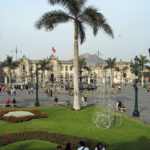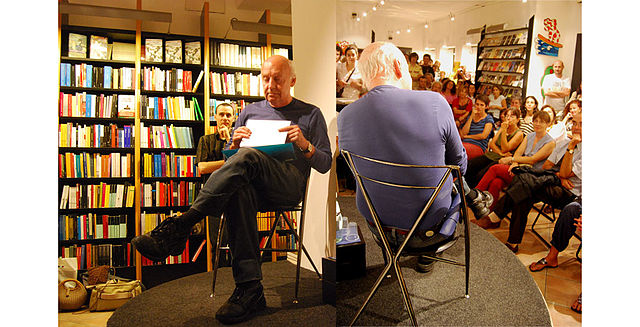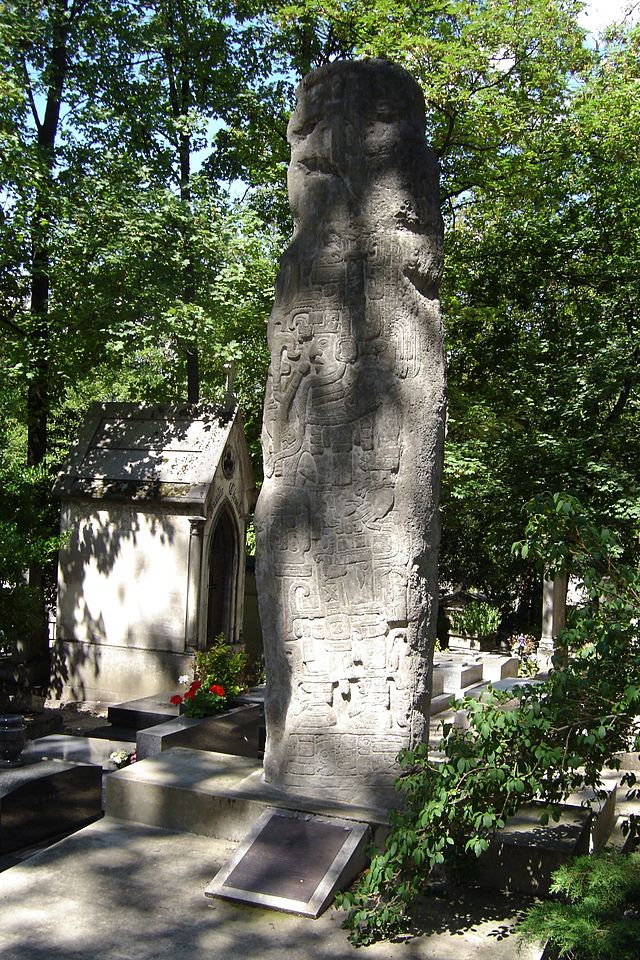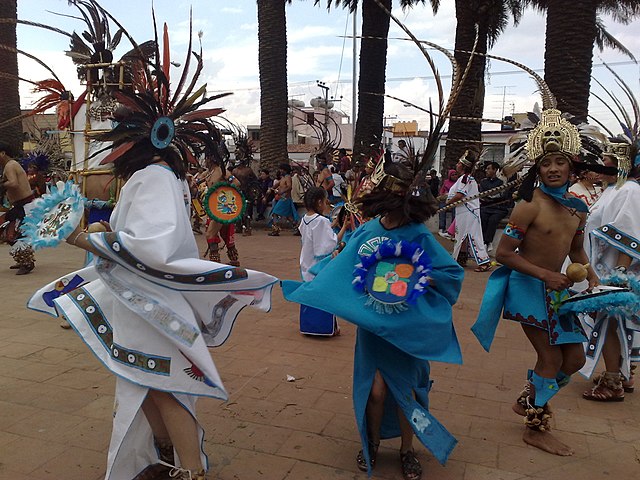Literature has long served as a powerful tool for exploring and understanding the complexities of society. In Latin America, a diverse range of authors has emerged, providing profound insights into the region’s social fabric, history, and cultural identity. Through their writings, these Latin American authors have captured the struggles, triumphs, and diverse perspectives that define the Latin American society. This article aims to delve into the works of notable Latin American authors who have shed light on the region’s social landscape.
Latin America is a region marked by diverse cultures, histories, and social inequalities. Through their literature, Latin American authors have tackled a wide array of themes, offering nuanced portrayals of society. These authors have explored issues such as poverty, political unrest, gender inequality, racial discrimination, and the clash between tradition and modernity. By engaging with these topics, they have not only documented the realities of Latin American society but also highlighted the resilience, creativity, and rich cultural heritage that permeate the region.
Prominent Latin American Authors and Their Works:
– Gabriel García Márquez (Colombia): García Márquez, often associated with the genre of magical realism, portrayed the social and political complexities of Colombia and Latin America in his iconic novel, “One Hundred Years of Solitude.” Through his vivid storytelling, he captured the cyclical nature of history, the impact of colonialism, and the enduring spirit of Latin American communities.
– Isabel Allende (Chile): Allende’s works, such as “The House of the Spirits” and “Eva Luna,” explore the social and political realities of Chile and other Latin American countries. Her narratives delve into themes such as dictatorship, gender roles, and social justice, painting a vivid picture of Latin American society through the lives of her characters.
– Mario Vargas Llosa (Peru): Vargas Llosa’s novels, including “The Feast of the Goat” and “Conversation in the Cathedral,” confront political corruption, authoritarianism, and the clash between tradition and progress. His insightful narratives offer a critical examination of power structures and social dynamics in Latin American societies.
– Elena Poniatowska (Mexico): Poniatowska’s writings, such as “Massacre in Mexico” and “The Skin of the Sky,” provide a voice to marginalized communities in Mexico. Through her journalism and fiction, she sheds light on social injustices, human rights violations, and the struggles of ordinary people, amplifying their stories and experiences.
– Eduardo Galeano (Uruguay): Galeano’s book “Open Veins of Latin America” has become a seminal work in understanding the history of exploitation and colonization in the region. Through his poetic and thought-provoking prose, he examines the social, economic, and political realities that have shaped Latin America’s past and present.
Latin American authors writing about their societies have played a crucial role in sparking dialogue, raising awareness, and inspiring social change. Their works have challenged societal norms, stimulated discussions about identity and justice, and contributed to a collective understanding of Latin American realities. By bringing marginalized voices to the forefront, these authors have helped break down barriers and foster empathy, promoting a deeper appreciation for the region’s diverse cultures and histories.
Through literature, Latin American authors have also transcended borders, reaching audiences worldwide and shaping global perceptions of the region. Their works have influenced other writers, inspired artistic movements, and created a rich tapestry of Latin American literature that continues to evolve and captivate readers. Latin American authors have painted vibrant literary portraits of the region’s society, unveiling its intricacies, struggles, and resilience. Through their writings, these authors have provided profound insights into the social landscape of Latin America, highlighting the diverse experiences, challenges, and triumphs of its people. Their works serve as a testament to the power of literature in fostering understanding, empathy, and social change. As we continue to explore the literary tapestry of Latin America, these authors will remain invaluable guides in our quest to comprehend and appreciate the complexities of the region.










